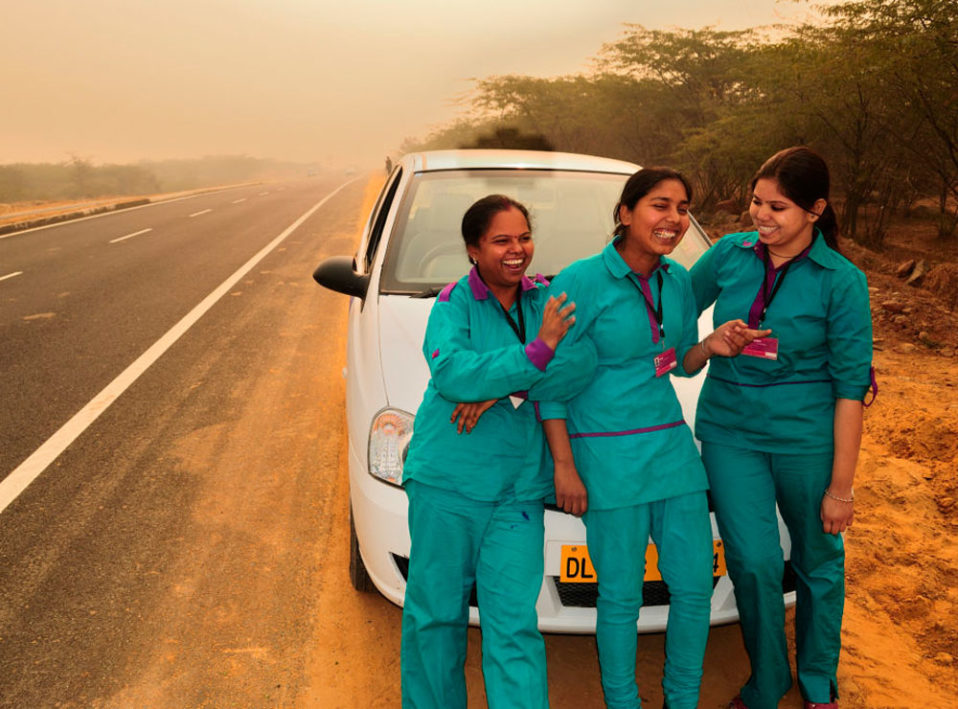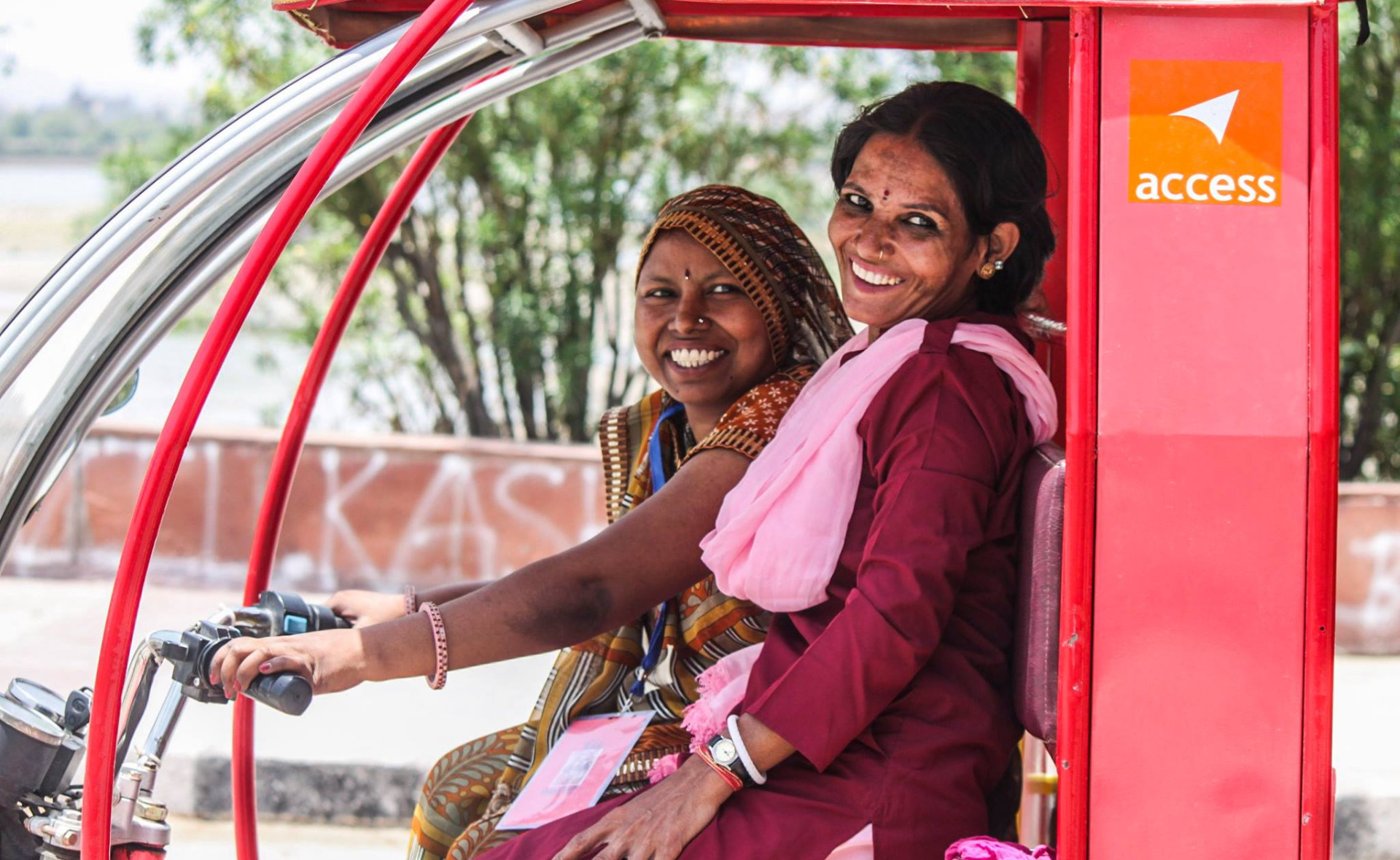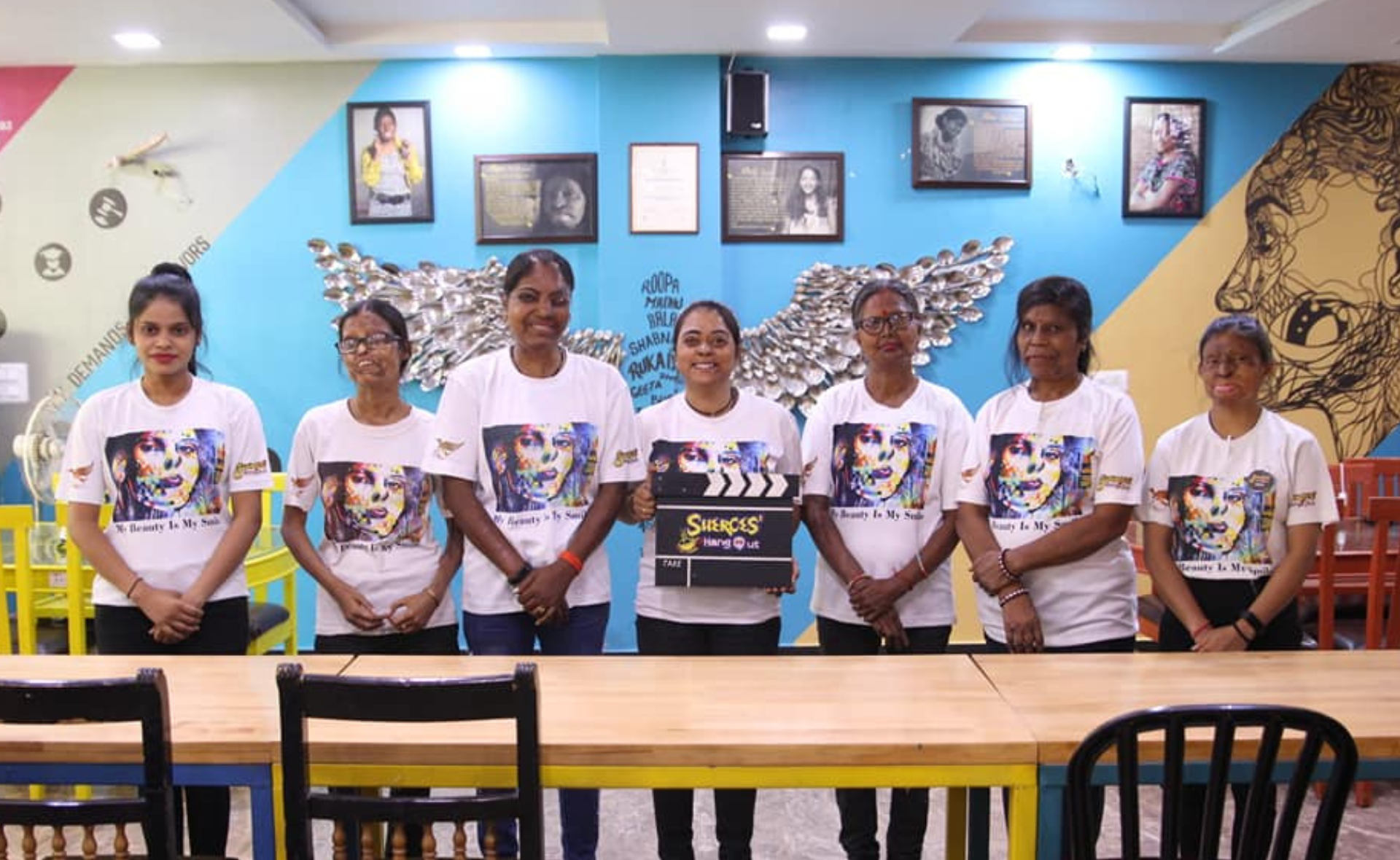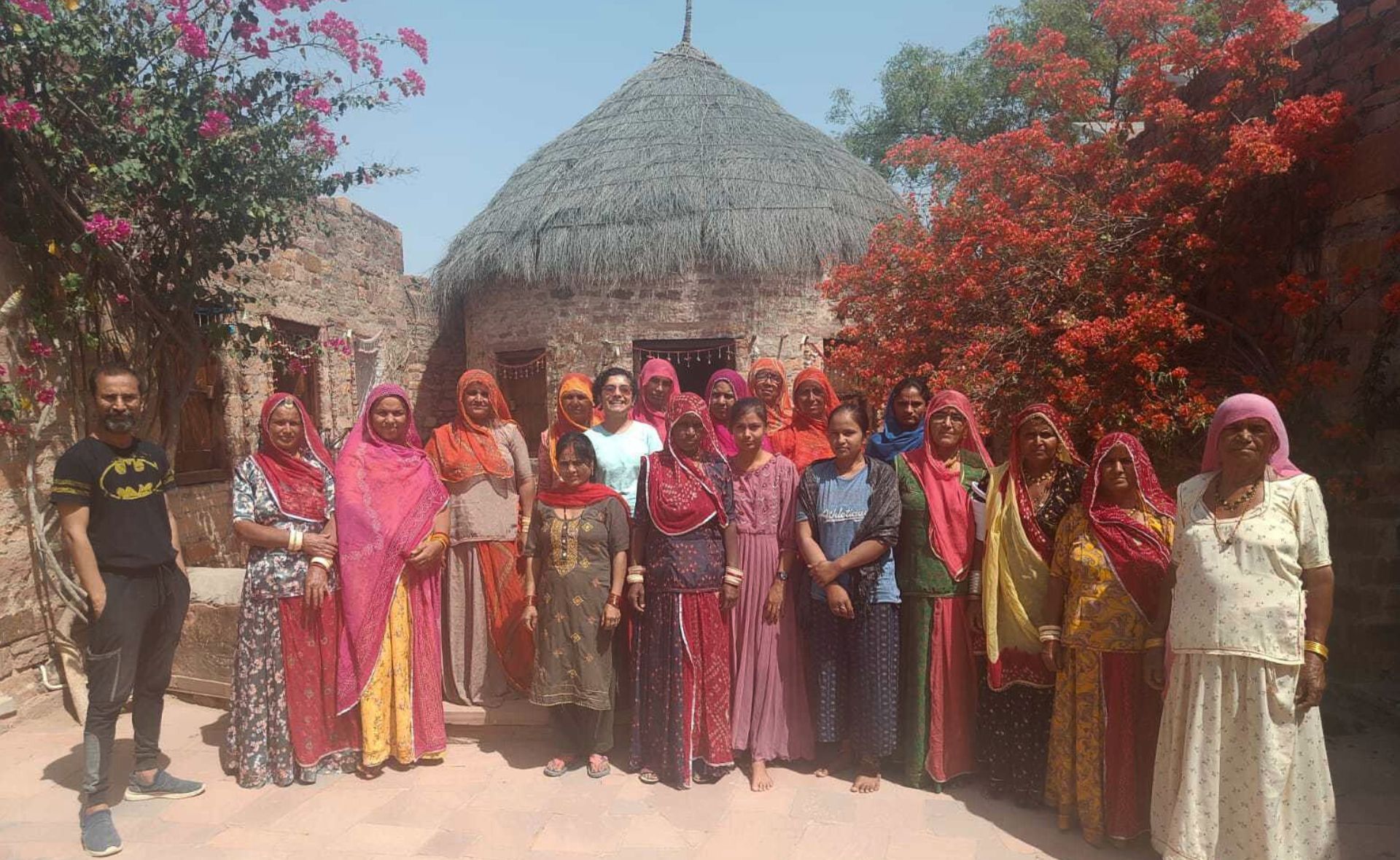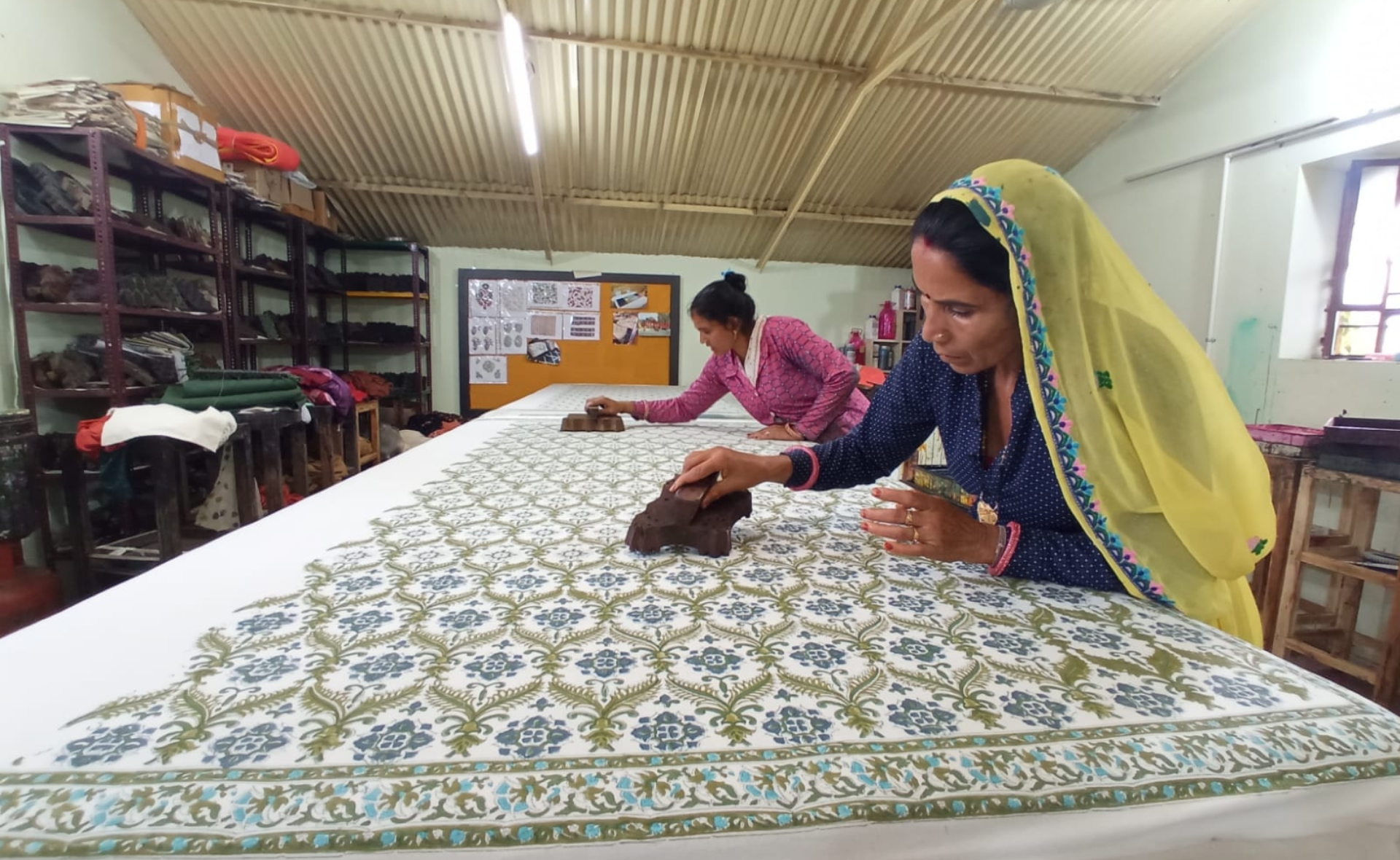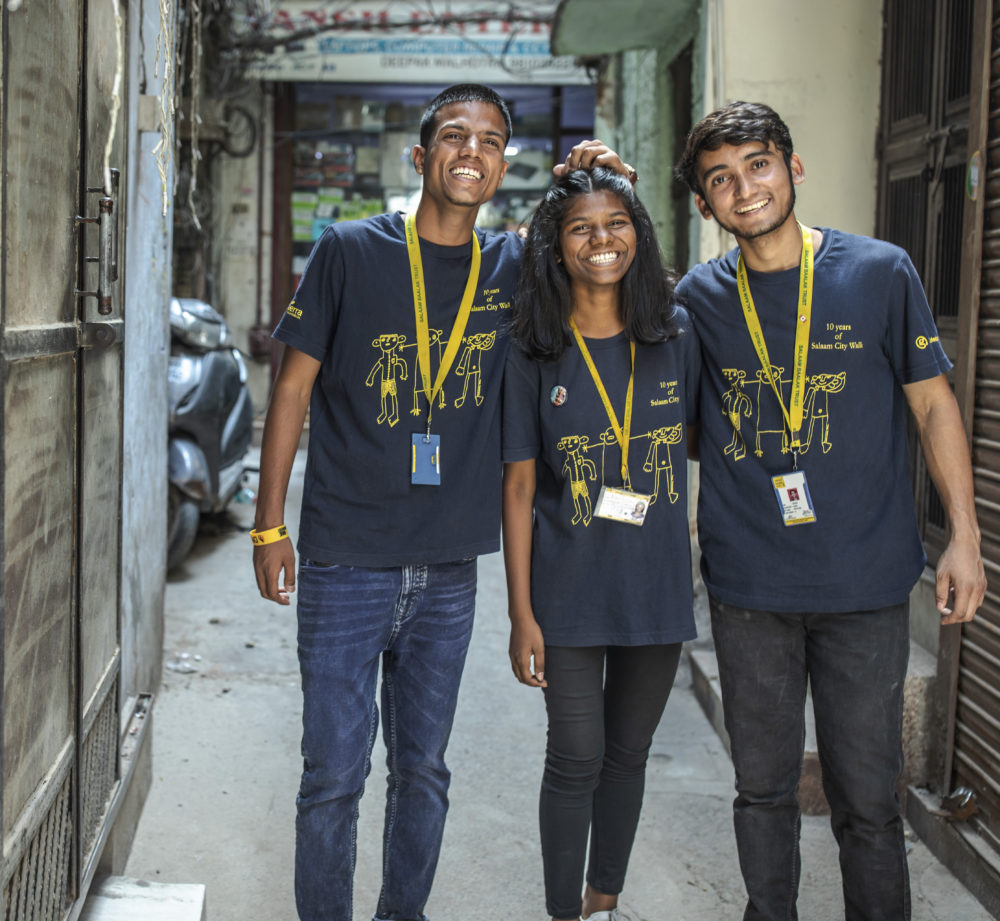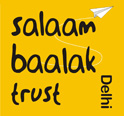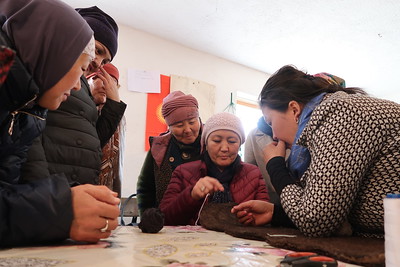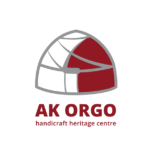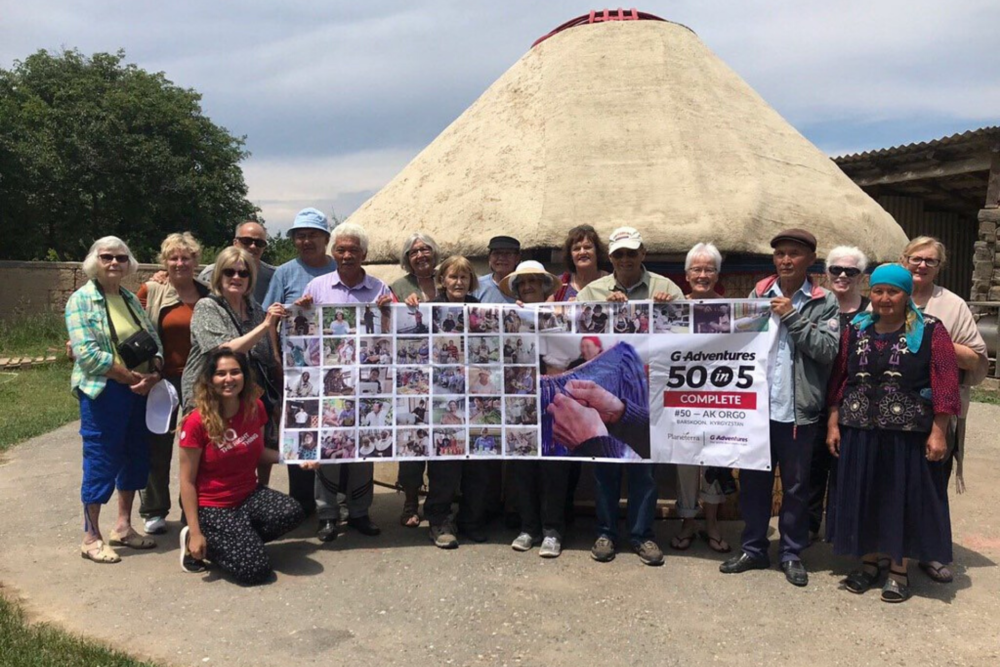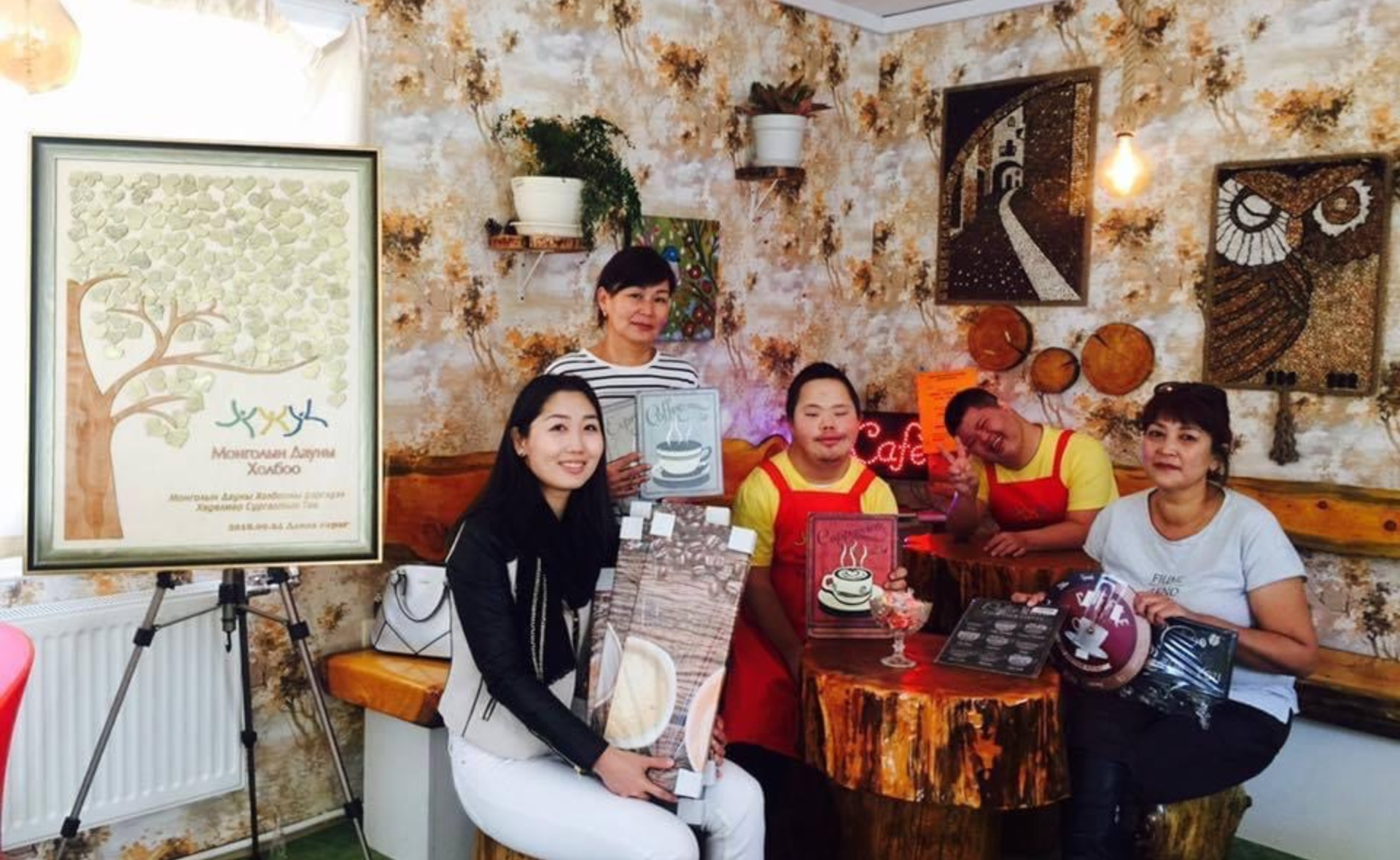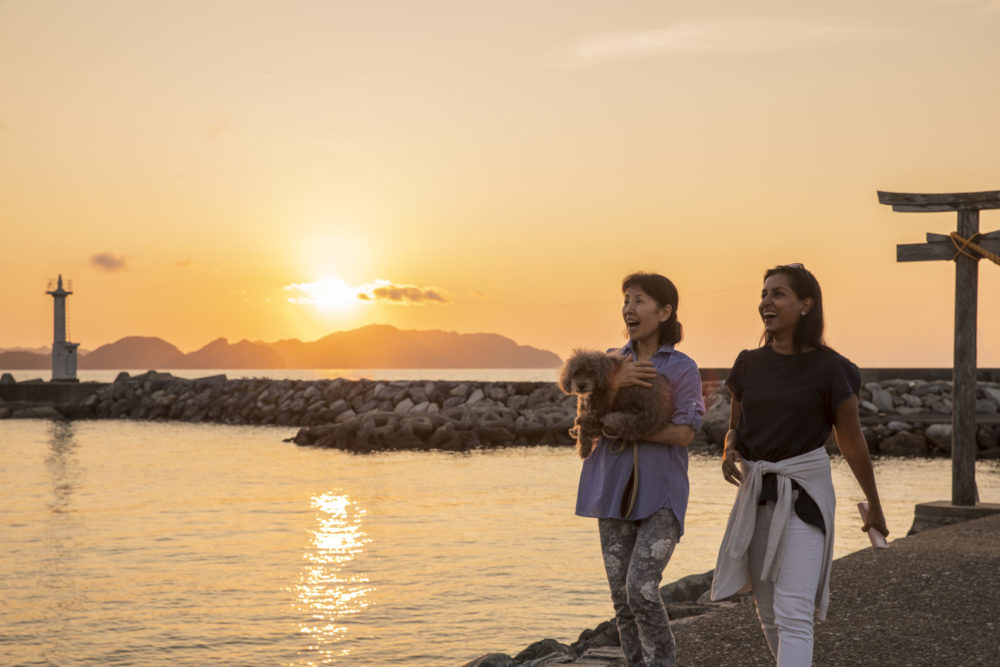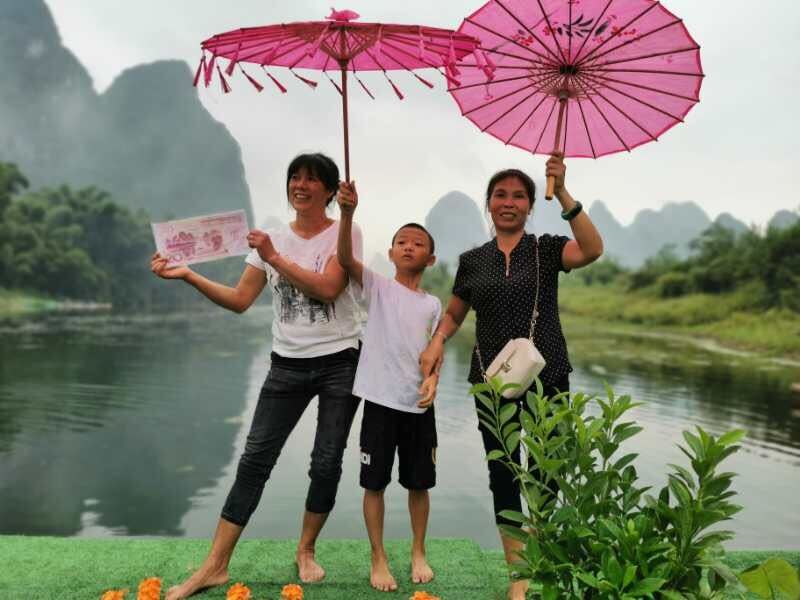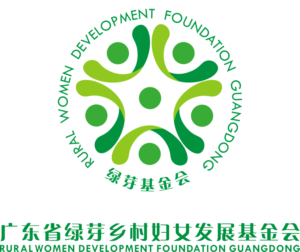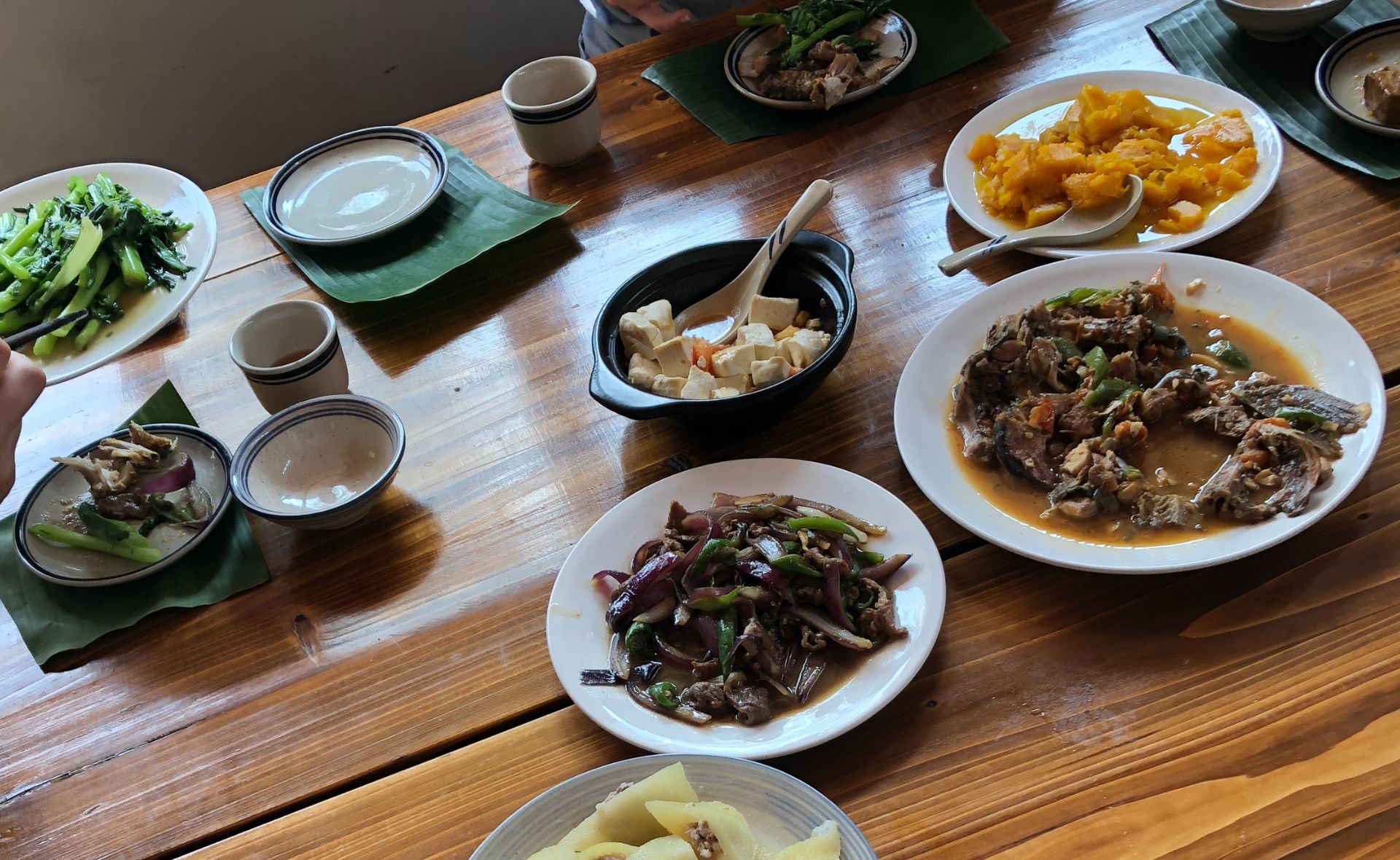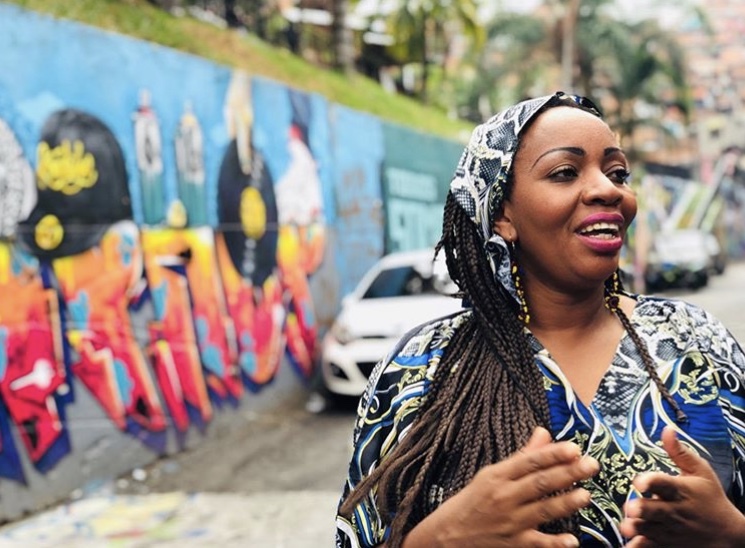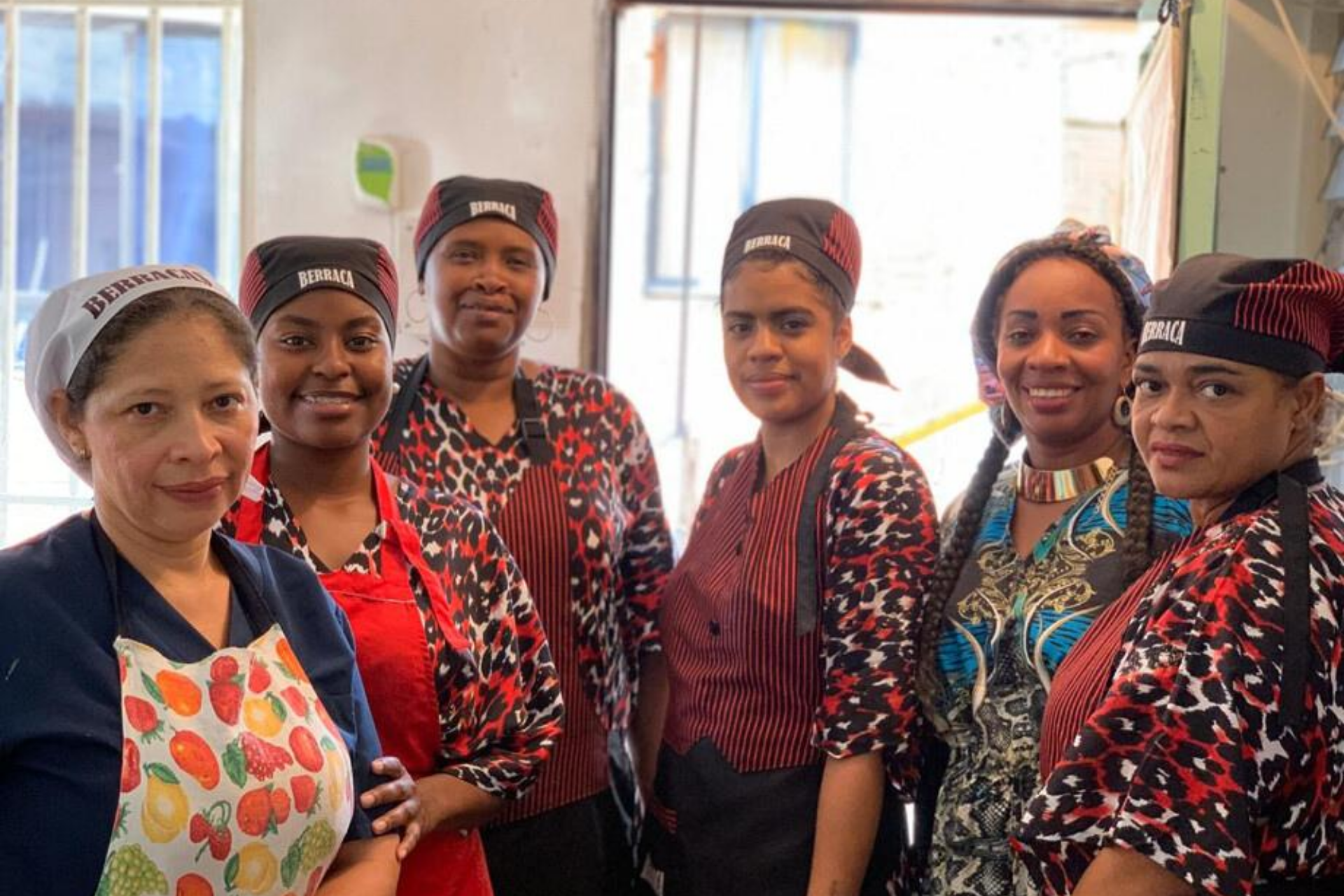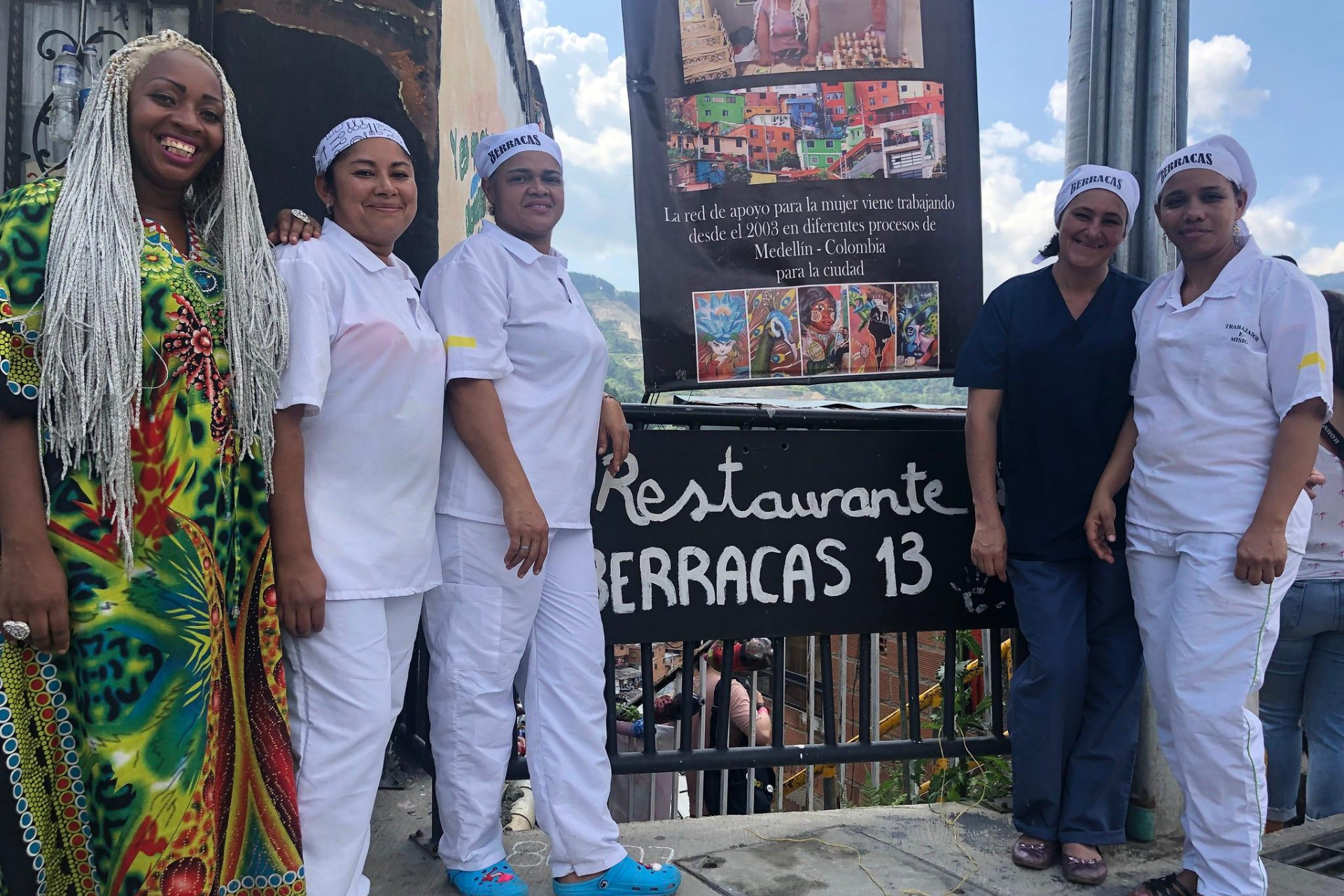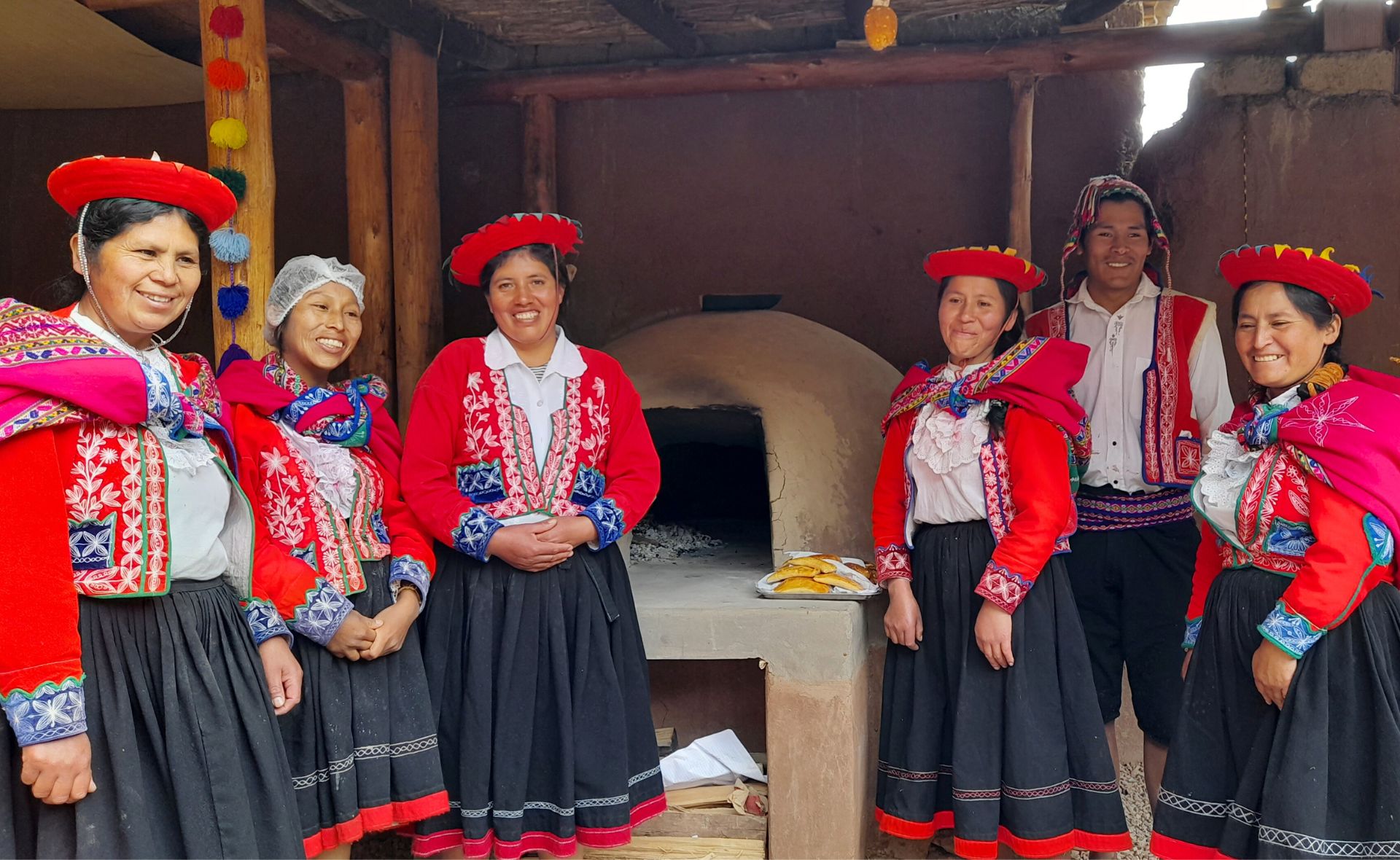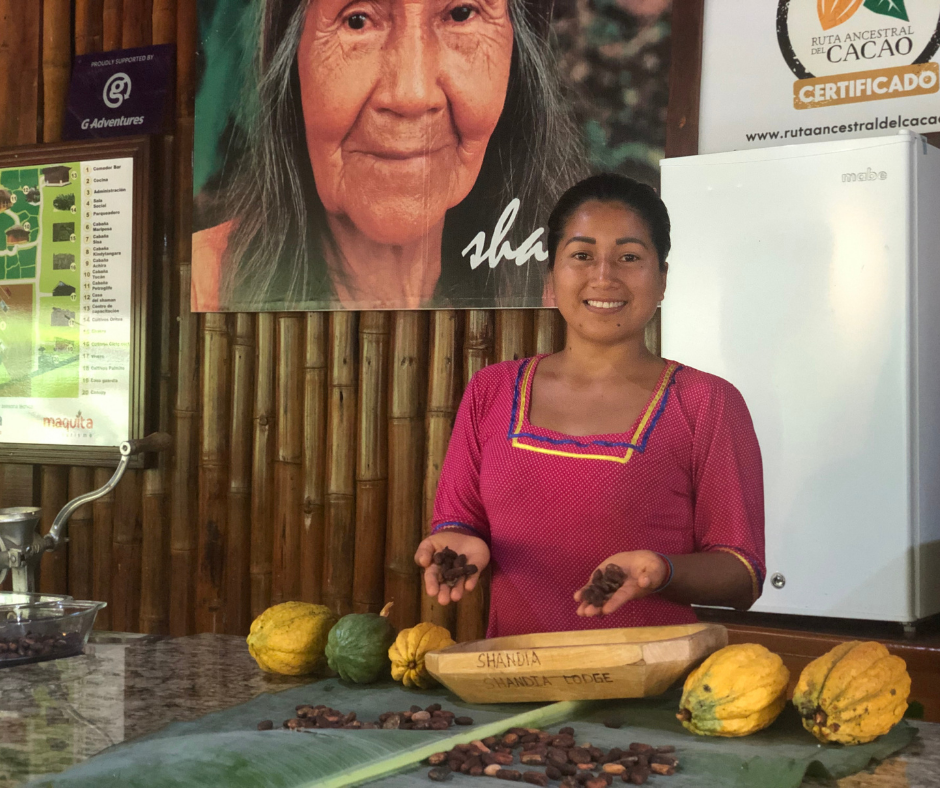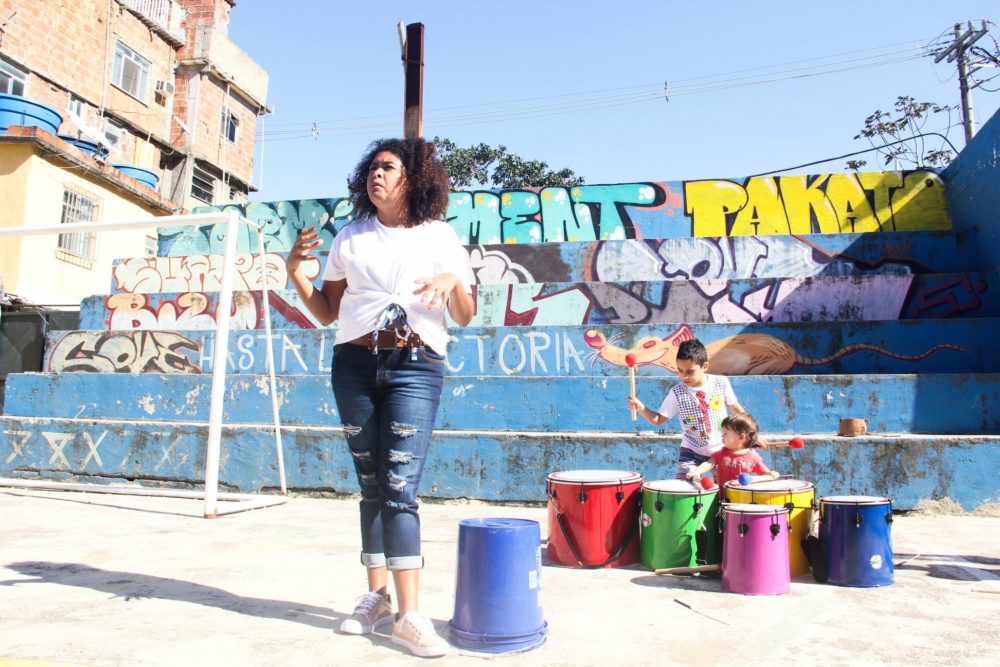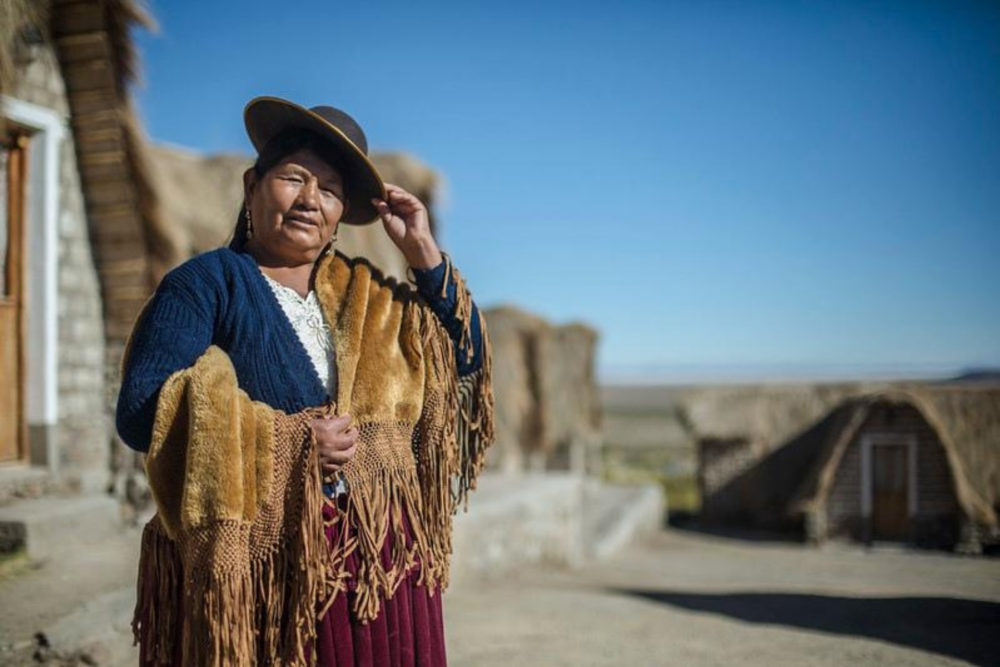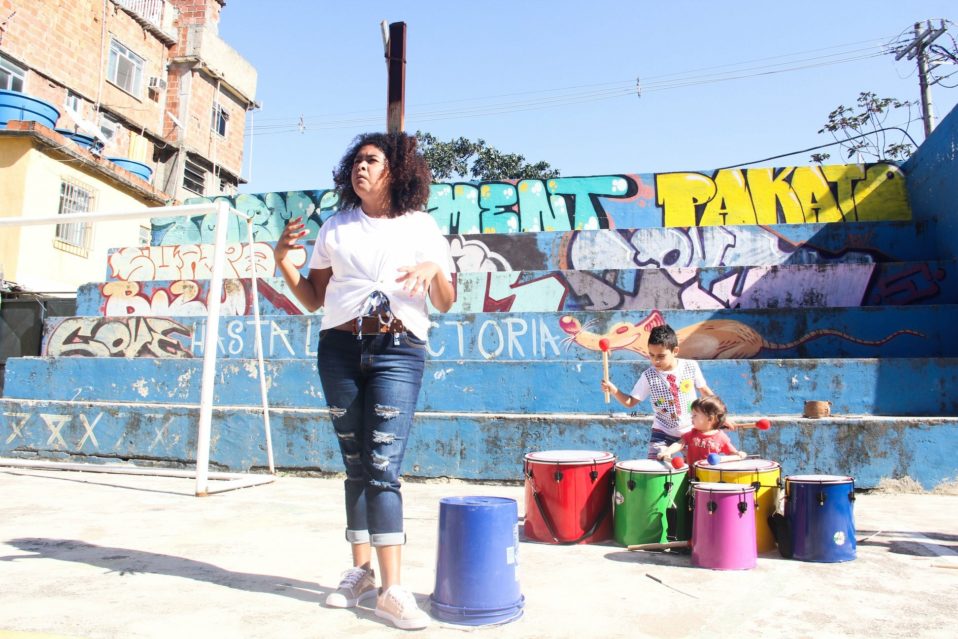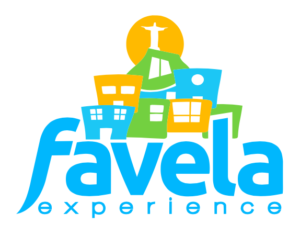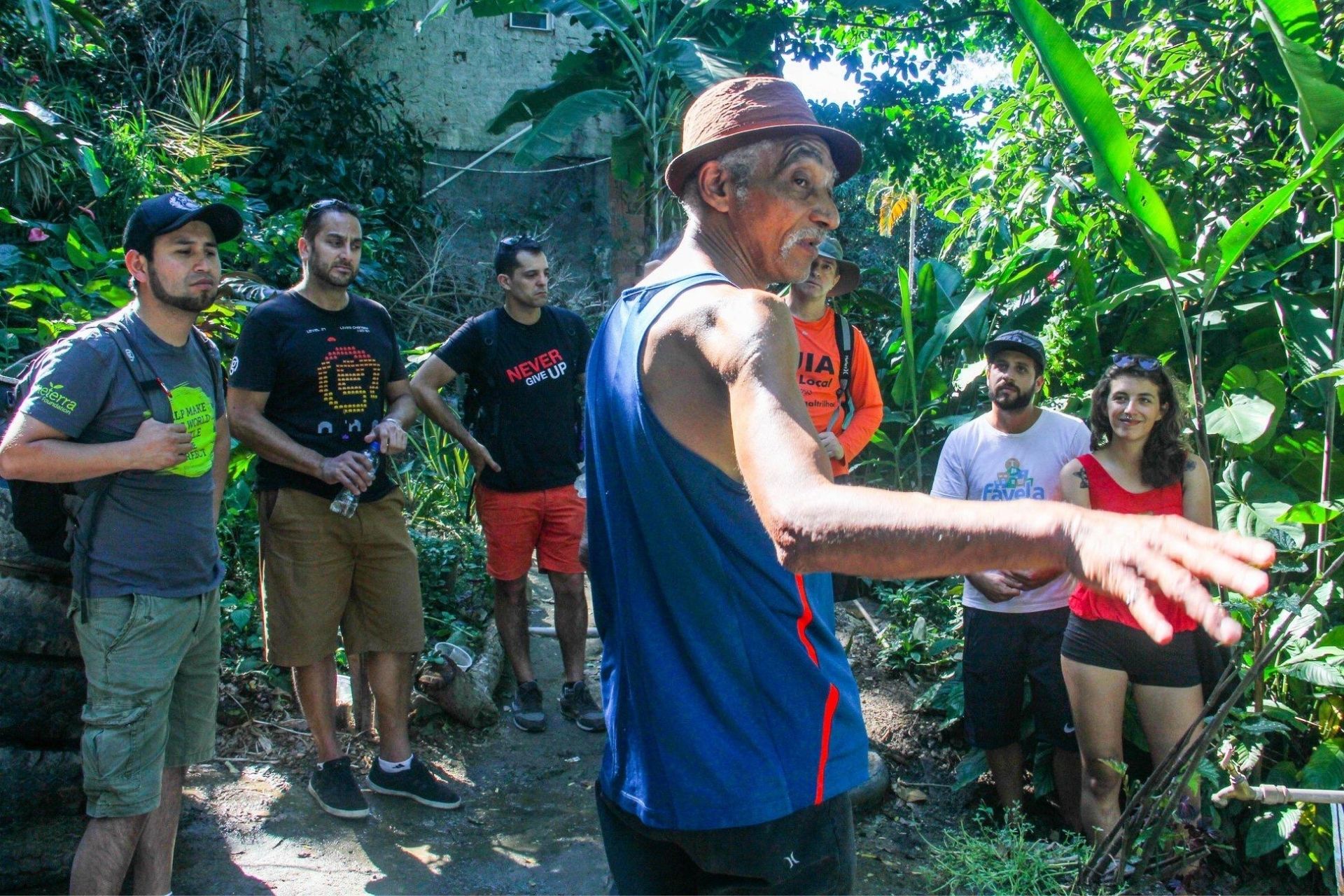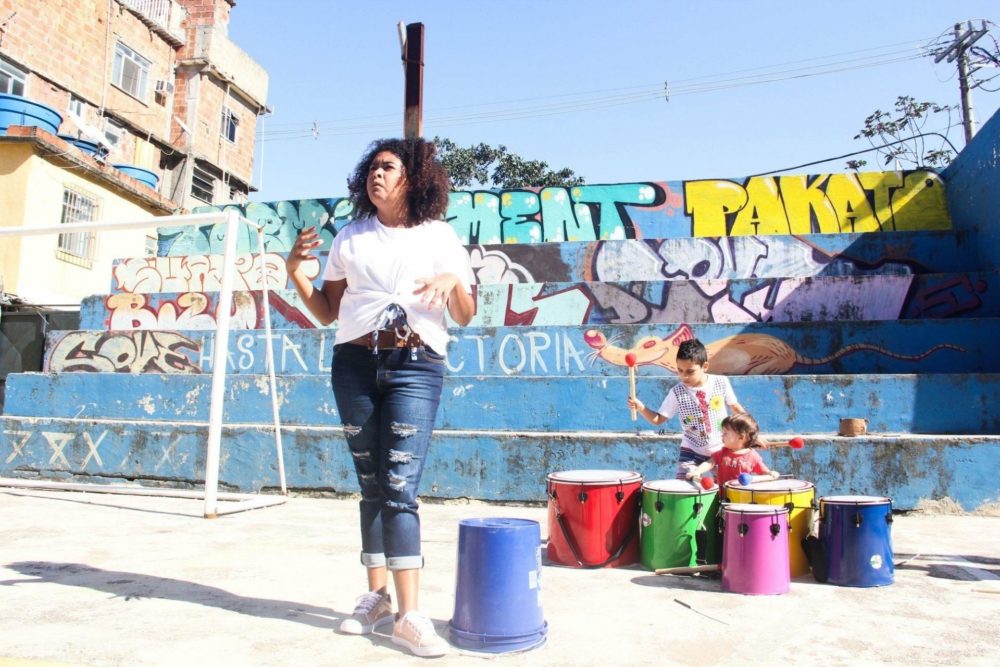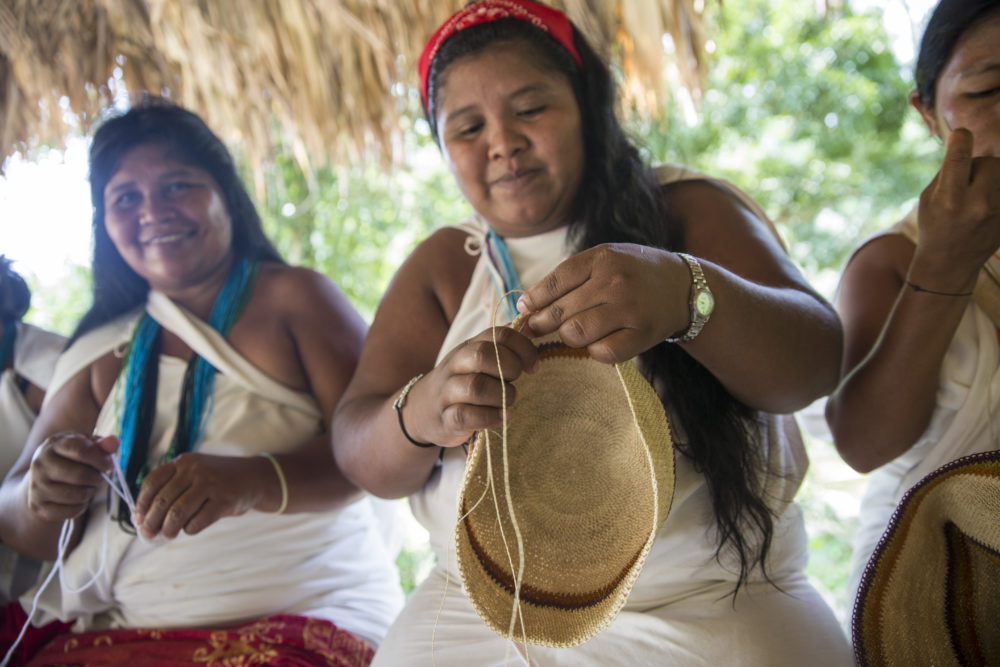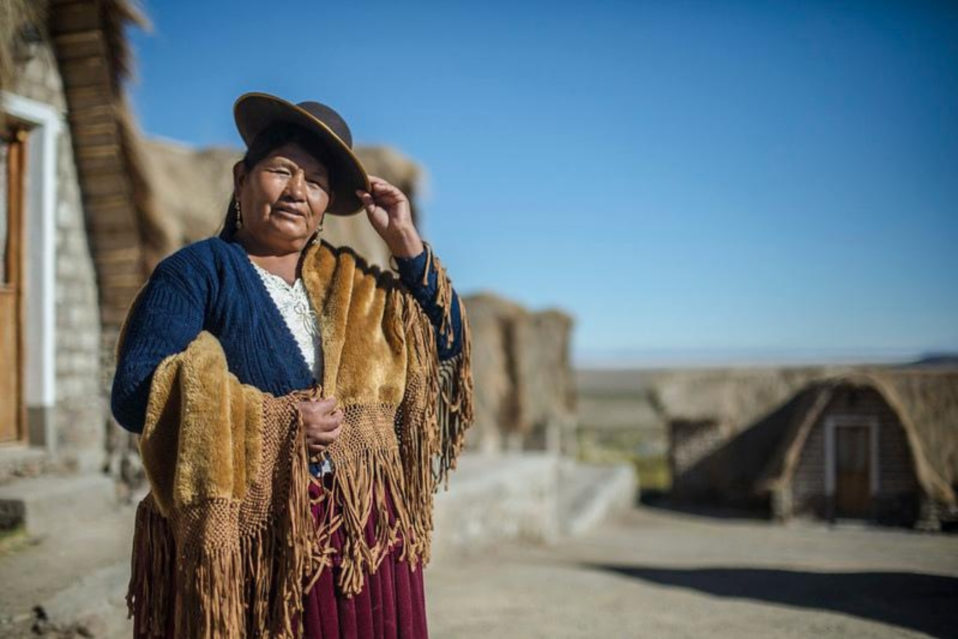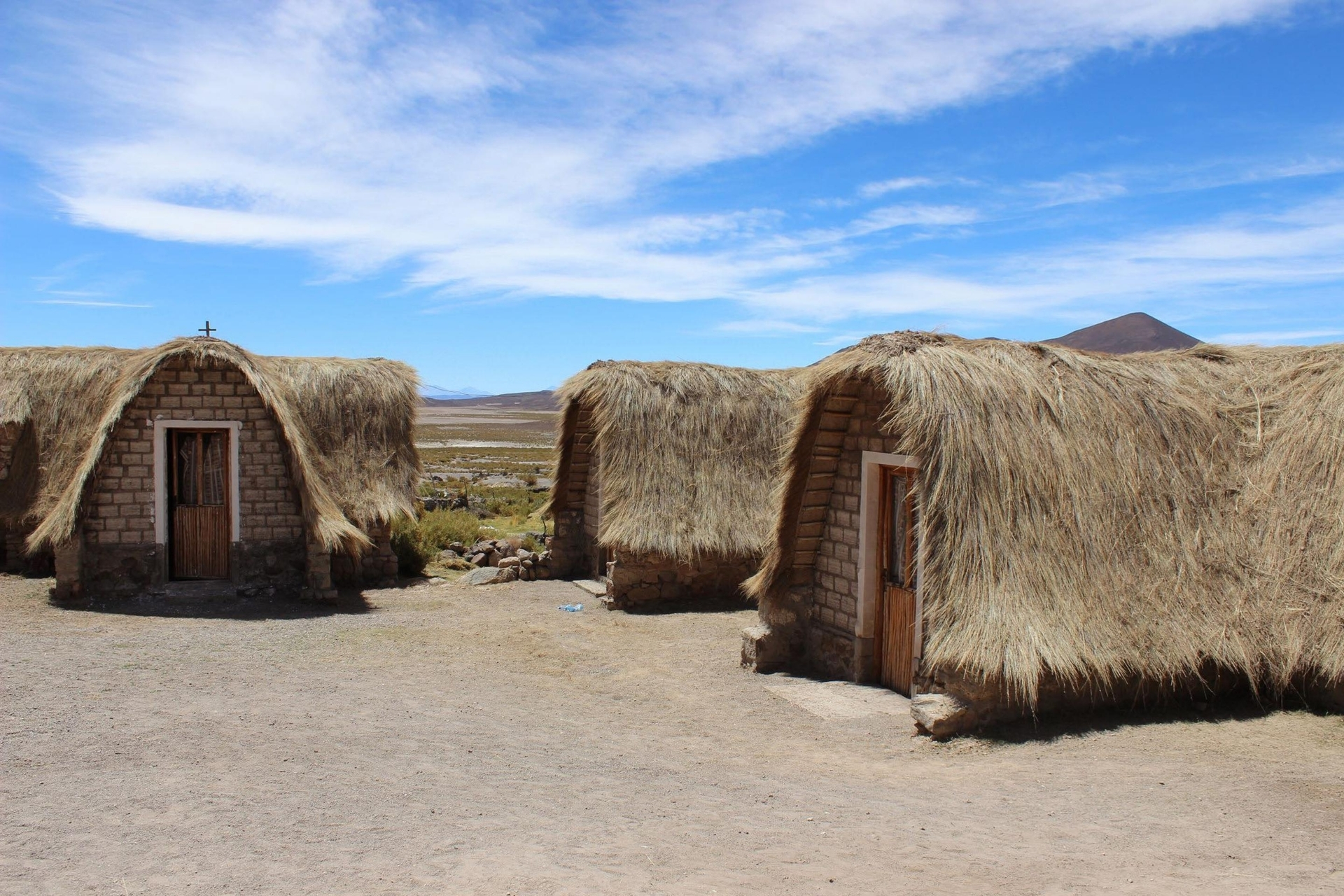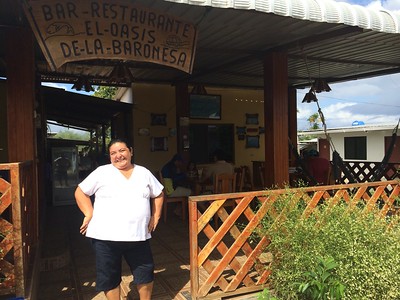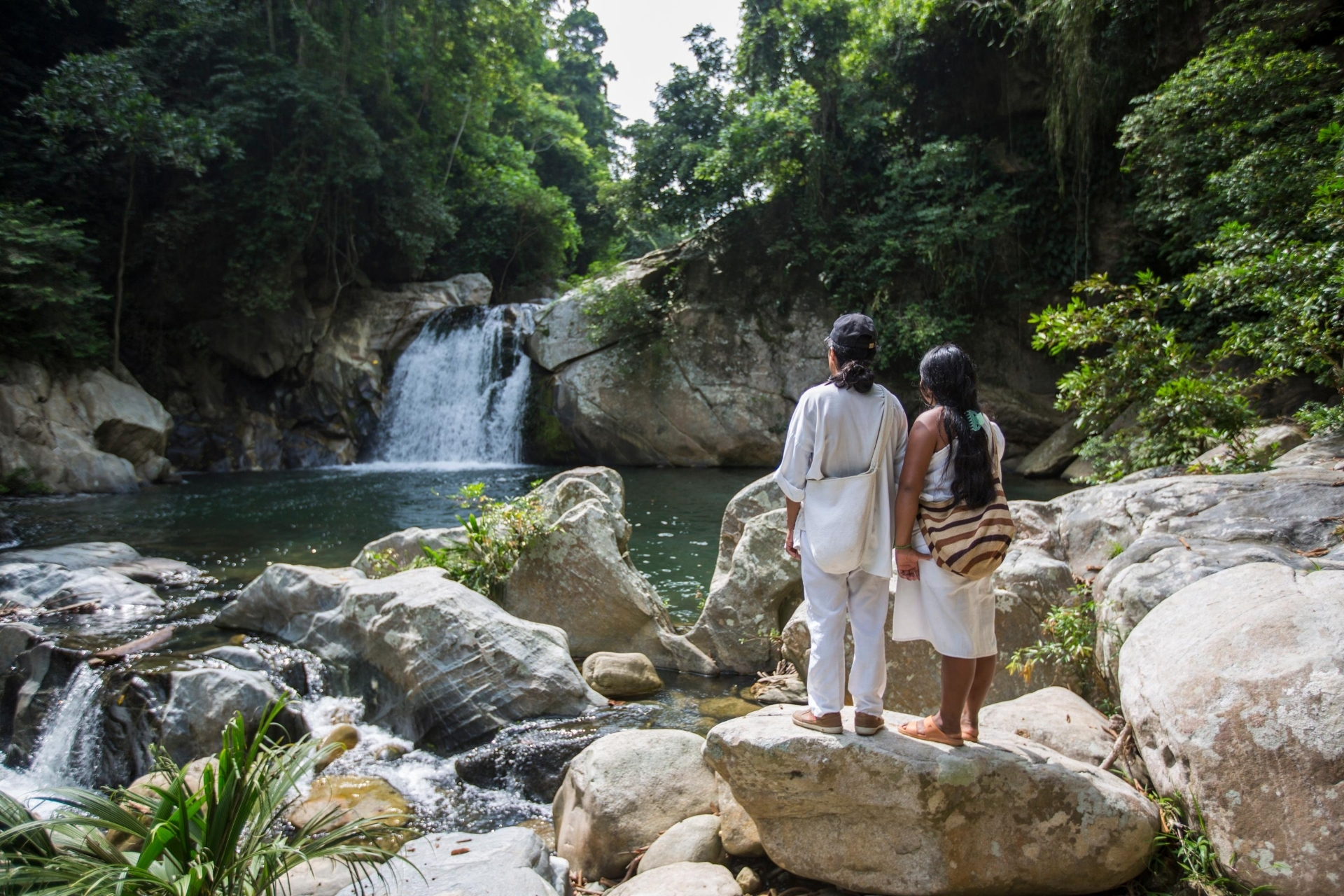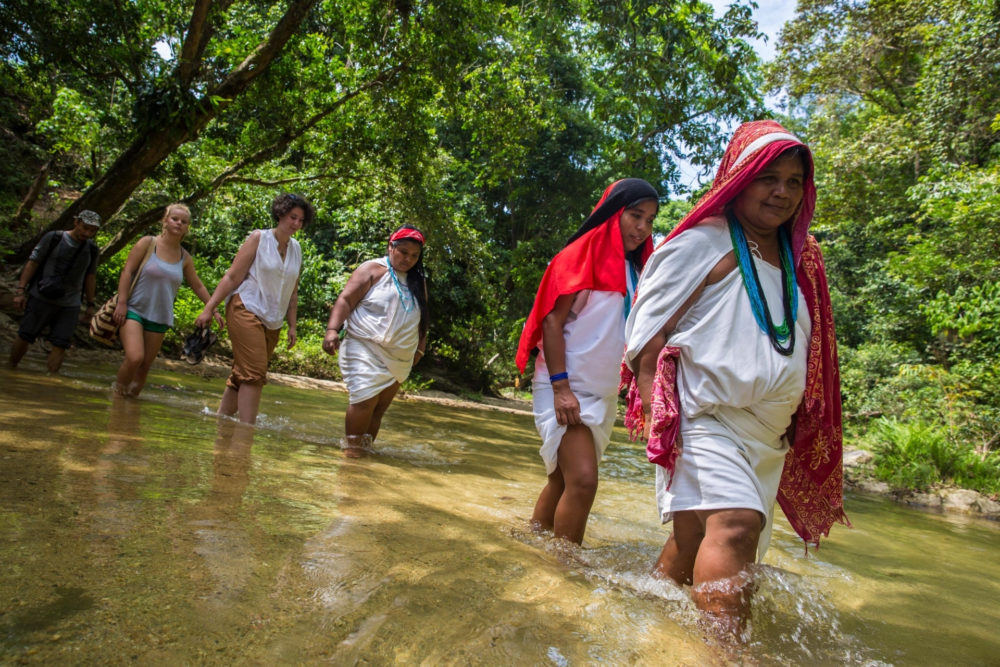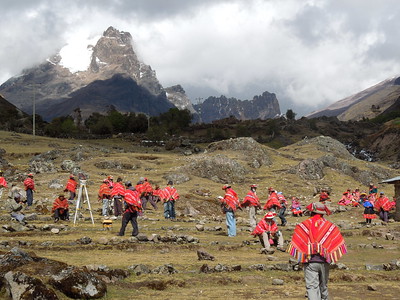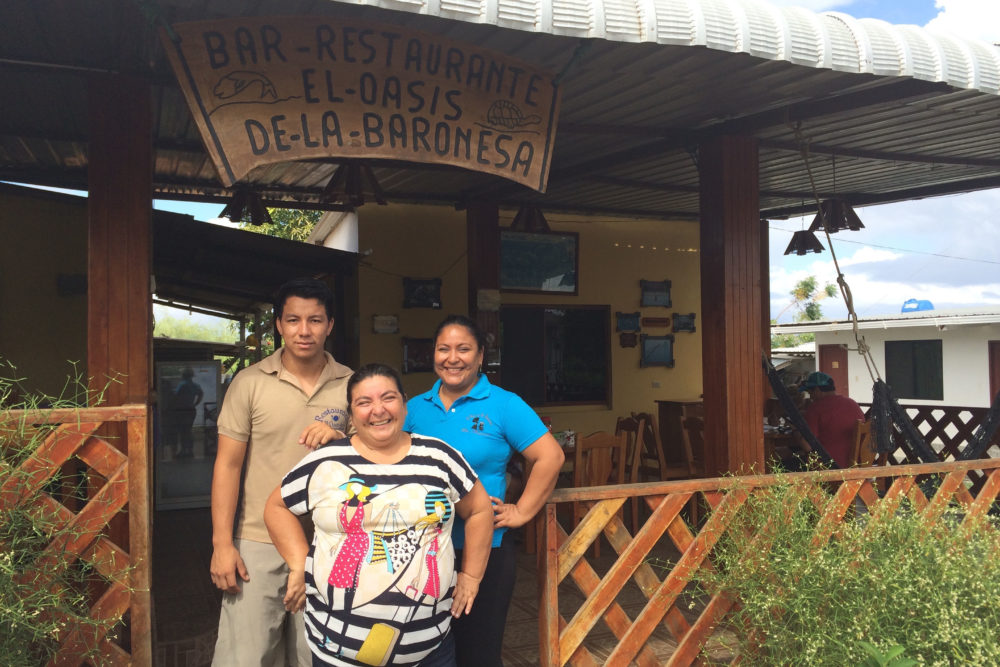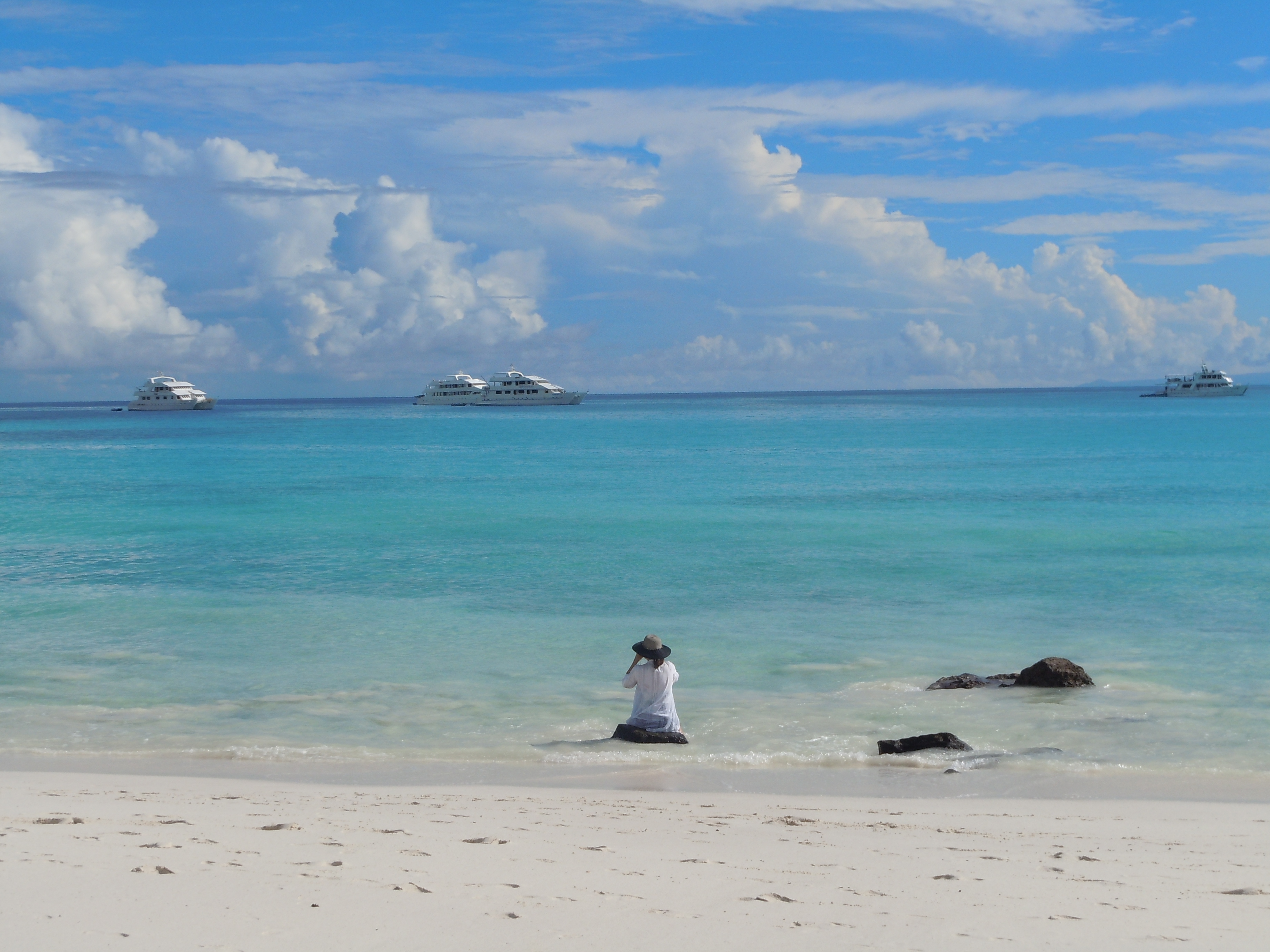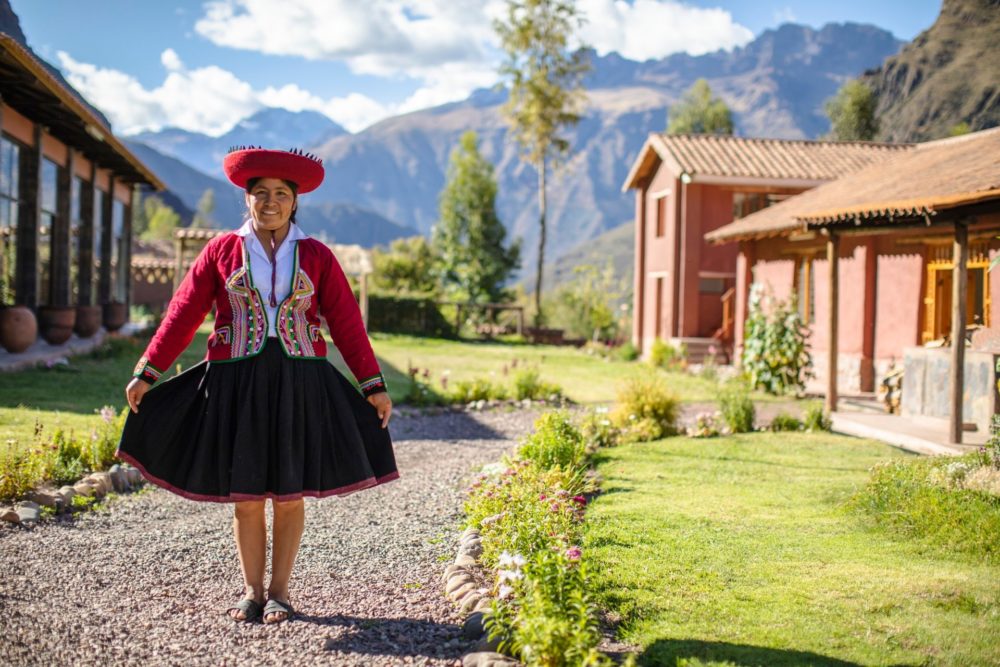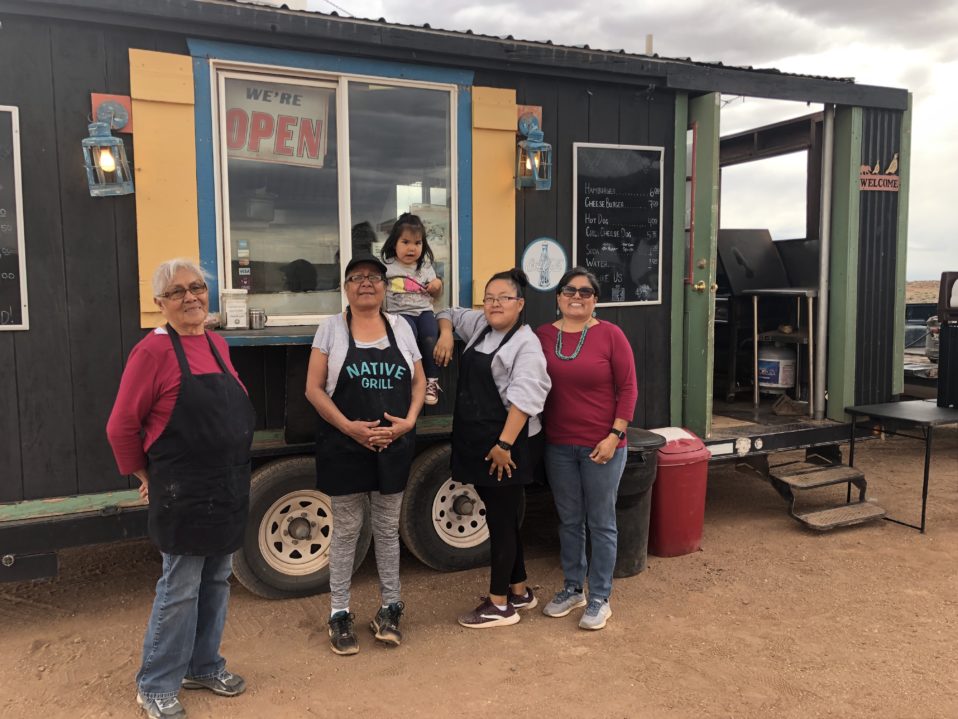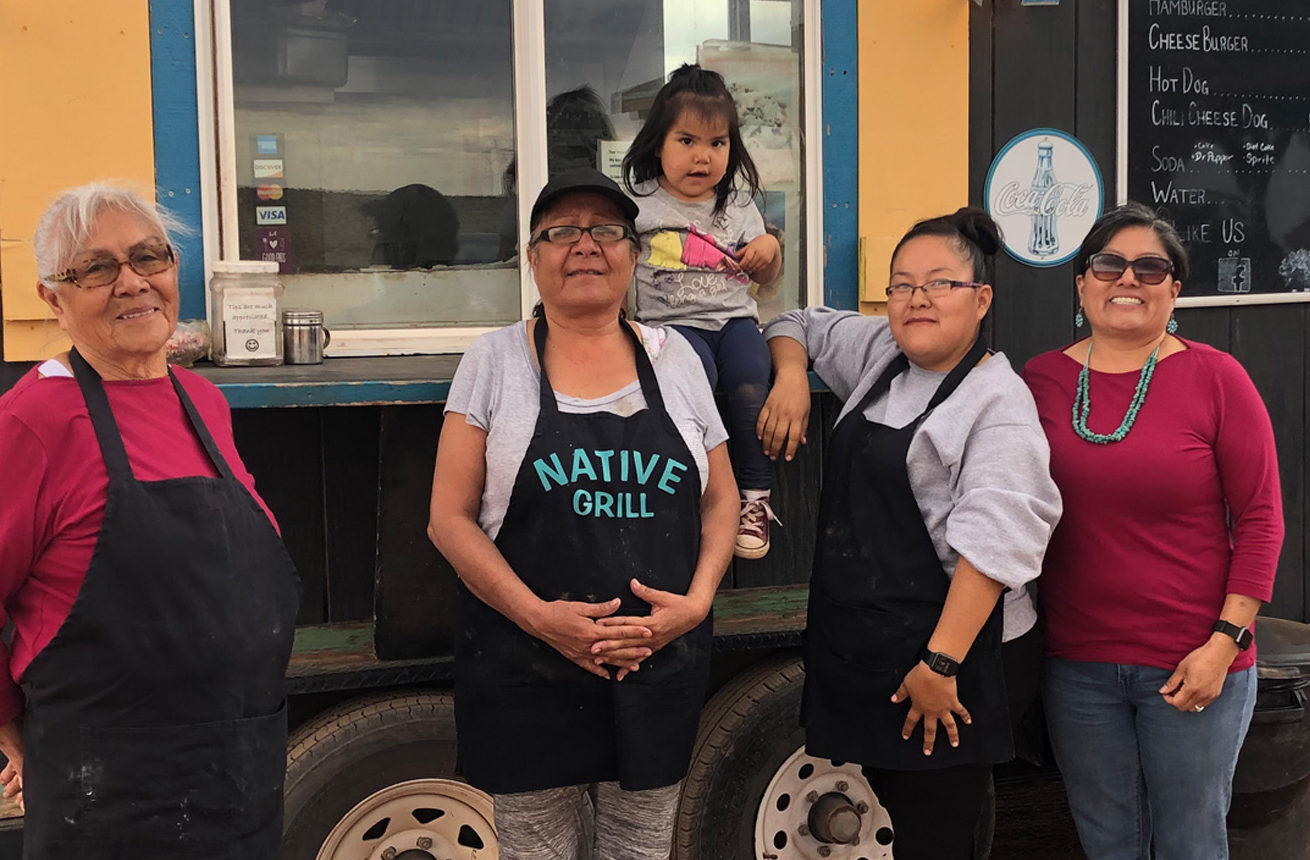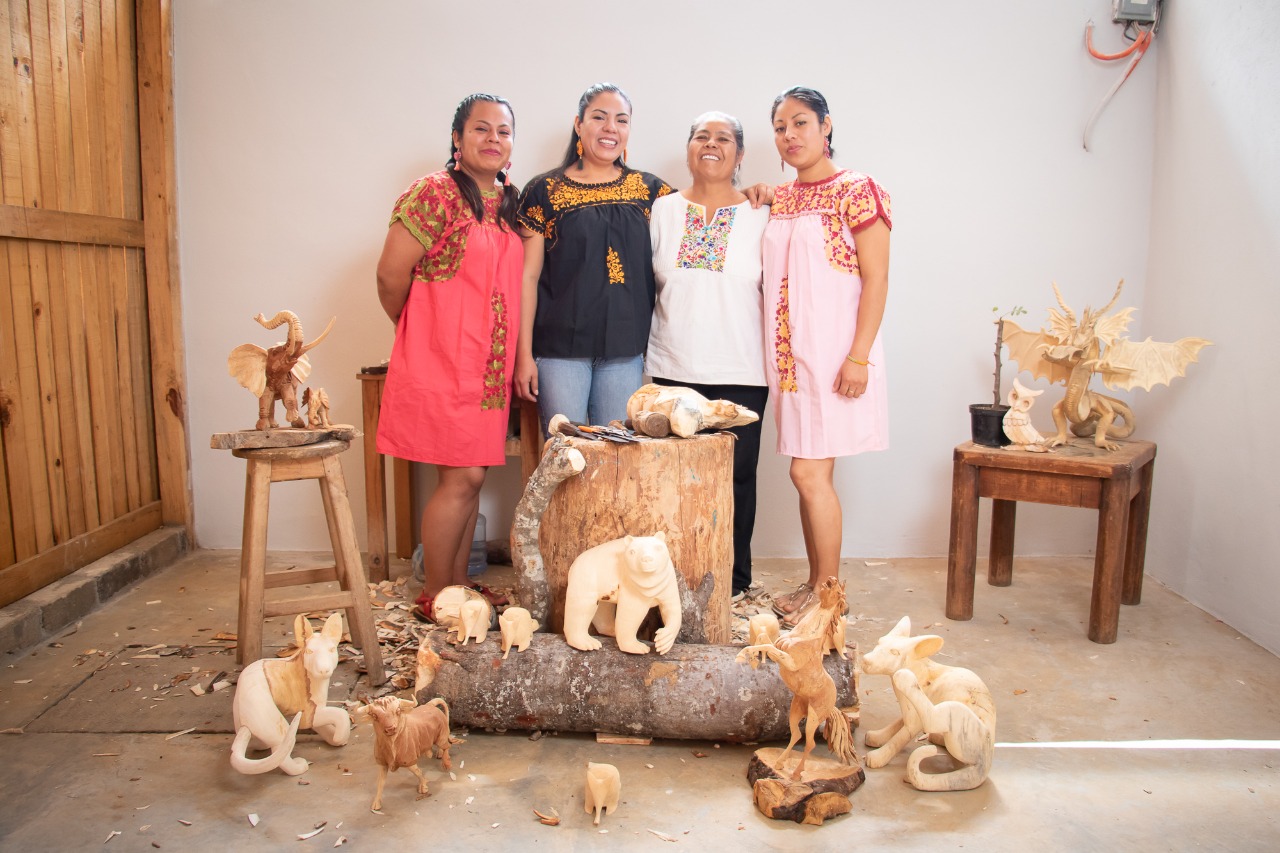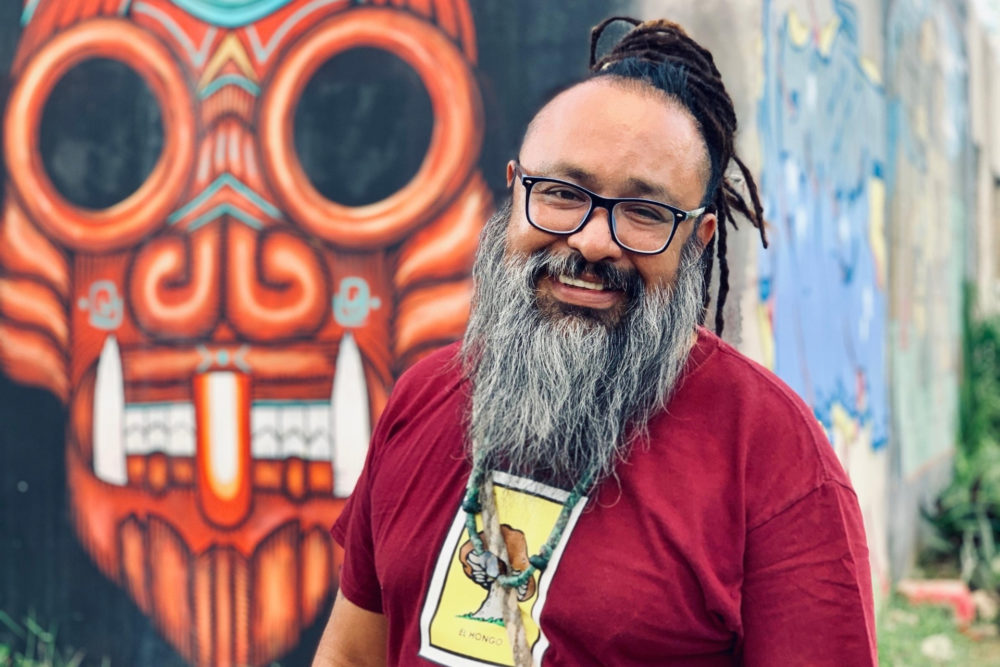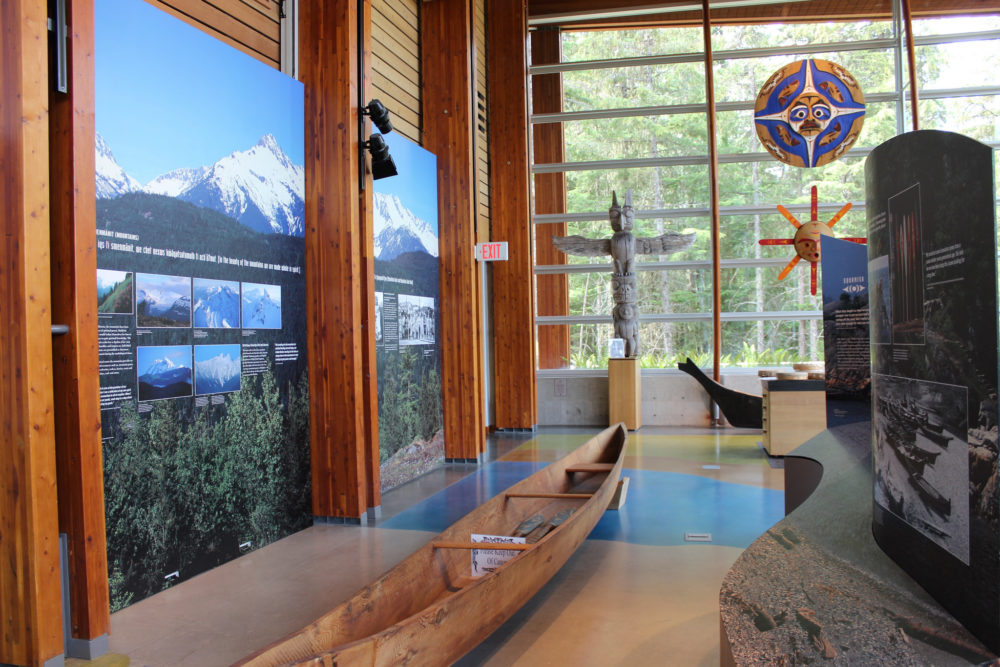Women With Wheels
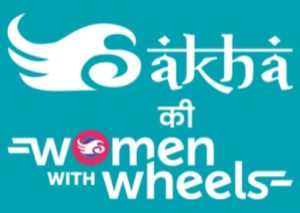
Impact
The Women With Wheels program provides livelihoods for women where women were once not accepted. This program is challenging cultural norms and paving new paths for women across India. Today, 1.193 of their trainees are professional drivers. Also, 213 two-wheeler riders have been trained in logistics. Over 500 drivers were trained in 2018 through the Azad Foundation, and Sakha directly employs 46 women through their social enterprise. As this model gains success, Sakha has been spreading the program across India to empower more women and provide safe transfers for families and travellers. They are operational in Delhi, Jaipur, Kolkata and Indore. Their new initiative “Swayam Sakha” is also operational now in Delhi National Capital Region (NCR), this is a special cab service for the differently abled. In January 2020, Sakha Cabs launched a counter at Delhi’s, Indira Gandhi International Terminal (T3), the cabs can be used to travel across the NCR, and two outstation locations – Agra and Jaipur.
4.5 million safe rides provided to date by Sakha Drivers!


Critical Need
Traditional gender roles in India have created an uneven playing field for women when it comes to accessing education and employment opportunities. Our ground partners, Azad Foundation, work with disadvantaged women from resource-poor urban areas across India, to empower them to become professional commercial drivers. Azad’s signature program, Women With Wheels, provides technical, self-empowerment and self-development training to fully equip women to become self-sustaining professional drivers.
Our Involvement
Planeterra provided funding for Women With Wheels to expand their vehicle fleet, as well as funding and resources for the Women With Wheels training program.
G Adventures was the first tour operator to contract Women on Wheels as our India airport pick-up partner, creating a sustainable and growing customer base for this emerging social enterprise.



